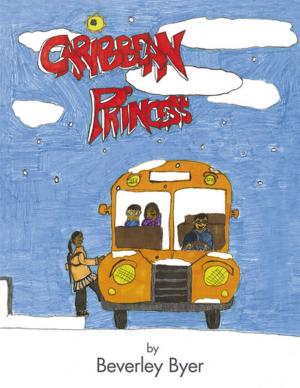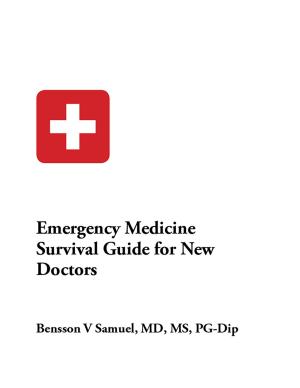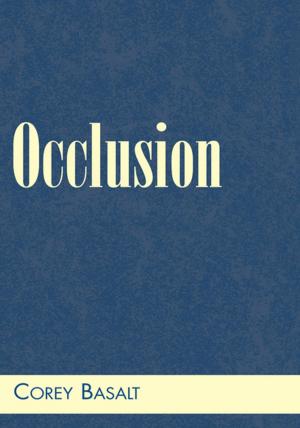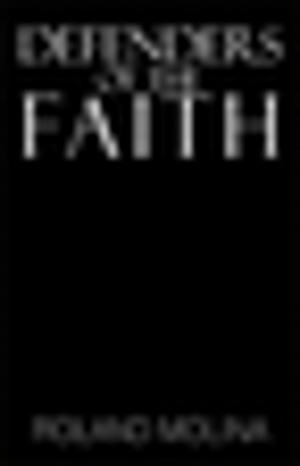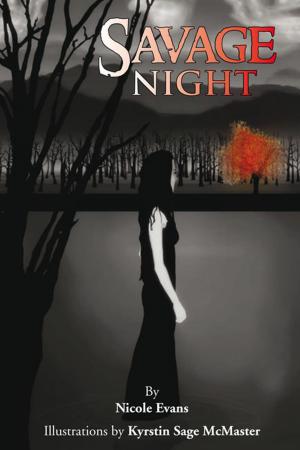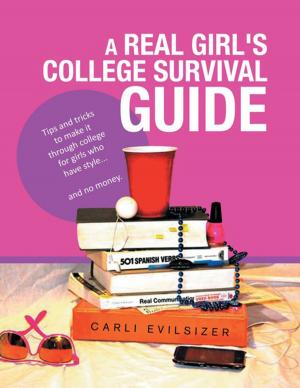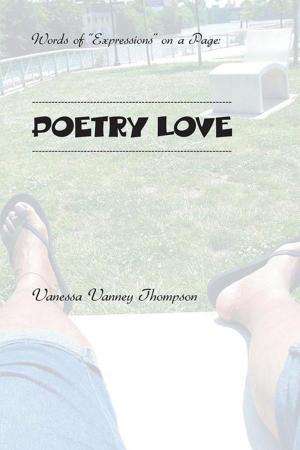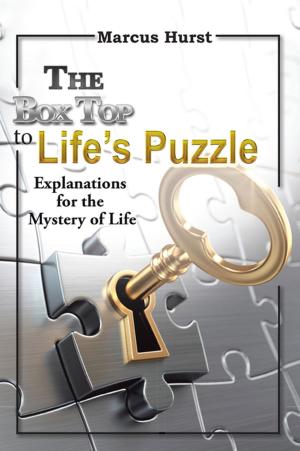Knowledge
The Sciences: Not What We Believe but What We Really Know
Nonfiction, Science & Nature, Science| Author: | Robin Oxman | ISBN: | 9781469109947 |
| Publisher: | Xlibris US | Publication: | May 4, 2001 |
| Imprint: | Xlibris US | Language: | English |
| Author: | Robin Oxman |
| ISBN: | 9781469109947 |
| Publisher: | Xlibris US |
| Publication: | May 4, 2001 |
| Imprint: | Xlibris US |
| Language: | English |
Once upon a time life was simpler. Information came to us through gossip, books, newspapers, the radio and newsreels at the movies. Then came television. Initially the first news shows were only 15 minutes in length but gradually expanded until now we have CNN with its 24-hour coverage. But none of this was going to compare to the master of all information inundation - the Internet. Information overload, once confined to the few, is now the headache of the many. Surely not all this information carries equal weight. Some, if not most, is out-right nonsense. How do we discern between accurate information and facts that are not? By detailing how science is a process, a method of obtaining truth, this book hopes to arm the reader with tools with which to apply intelligent thinking, thinking that is critical, skeptical and evidenced based.
Once you know why microwave radiation cannot induce cancer you become impervious to the fears of cell phone use. Once you understand the laws of probability you are better equipped to decide whether or not it is prudent to buy that lottery ticket or, better yet, which games at Vegas give you the best chance of winning and which you should avoid as the plague.
Yes, you can get your arms around Einstein's Theory of Relativity, Quantum Physics and the newest advances in neuroscience - the study of the brain, of consciousness, of awareness - the study of you. No, you do not need math and formulas.
Science can even answer those riddles from childhood:
-
What came first, the chicken or the egg?
-
If a tree falls in the forest does it make a sound?
-
Is it night that follows day or day that follows night?
Once upon a time life was simpler. Information came to us through gossip, books, newspapers, the radio and newsreels at the movies. Then came television. Initially the first news shows were only 15 minutes in length but gradually expanded until now we have CNN with its 24-hour coverage. But none of this was going to compare to the master of all information inundation - the Internet. Information overload, once confined to the few, is now the headache of the many. Surely not all this information carries equal weight. Some, if not most, is out-right nonsense. How do we discern between accurate information and facts that are not? By detailing how science is a process, a method of obtaining truth, this book hopes to arm the reader with tools with which to apply intelligent thinking, thinking that is critical, skeptical and evidenced based.
Once you know why microwave radiation cannot induce cancer you become impervious to the fears of cell phone use. Once you understand the laws of probability you are better equipped to decide whether or not it is prudent to buy that lottery ticket or, better yet, which games at Vegas give you the best chance of winning and which you should avoid as the plague.
Yes, you can get your arms around Einstein's Theory of Relativity, Quantum Physics and the newest advances in neuroscience - the study of the brain, of consciousness, of awareness - the study of you. No, you do not need math and formulas.
Science can even answer those riddles from childhood:
-
What came first, the chicken or the egg?
-
If a tree falls in the forest does it make a sound?
-
Is it night that follows day or day that follows night?







